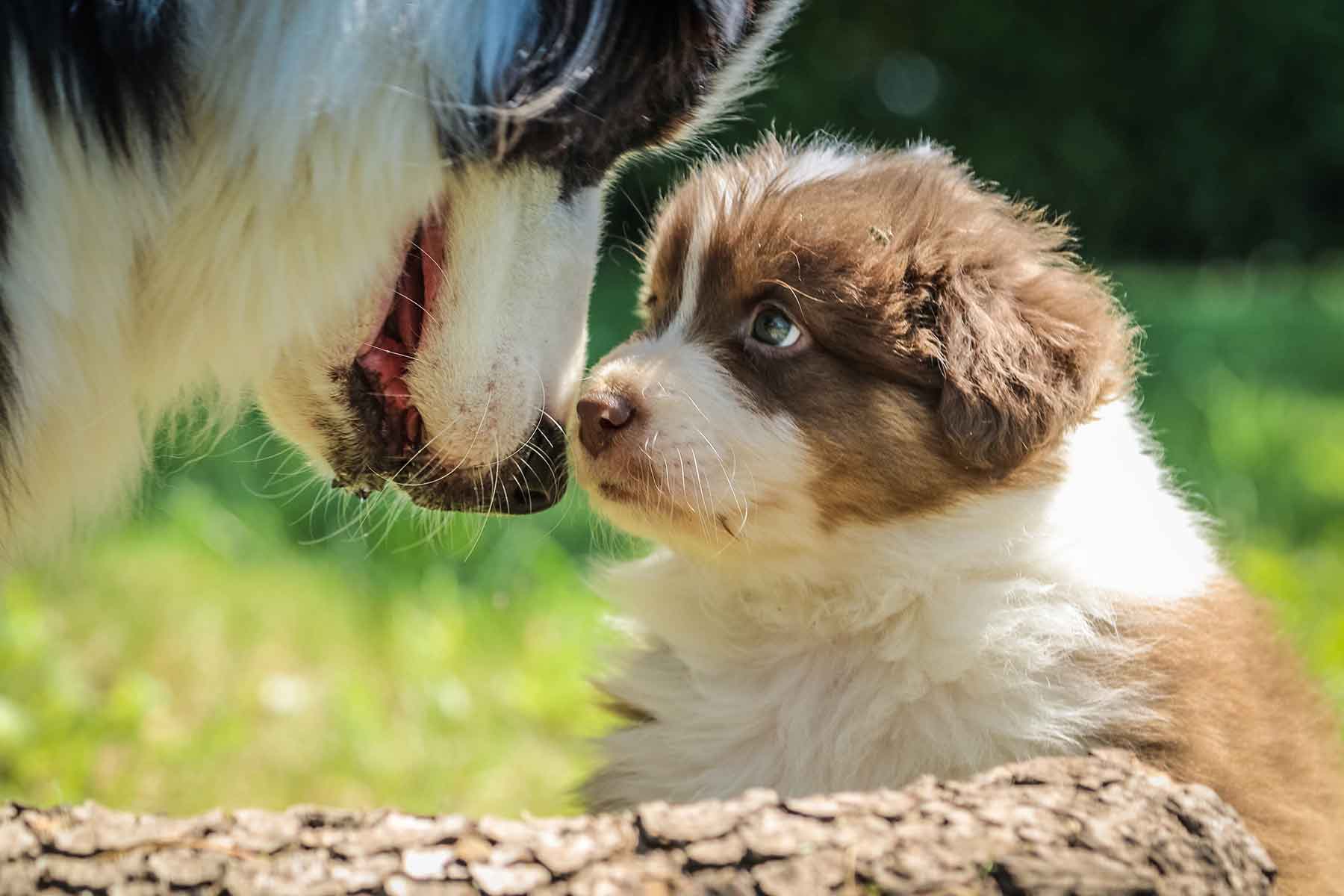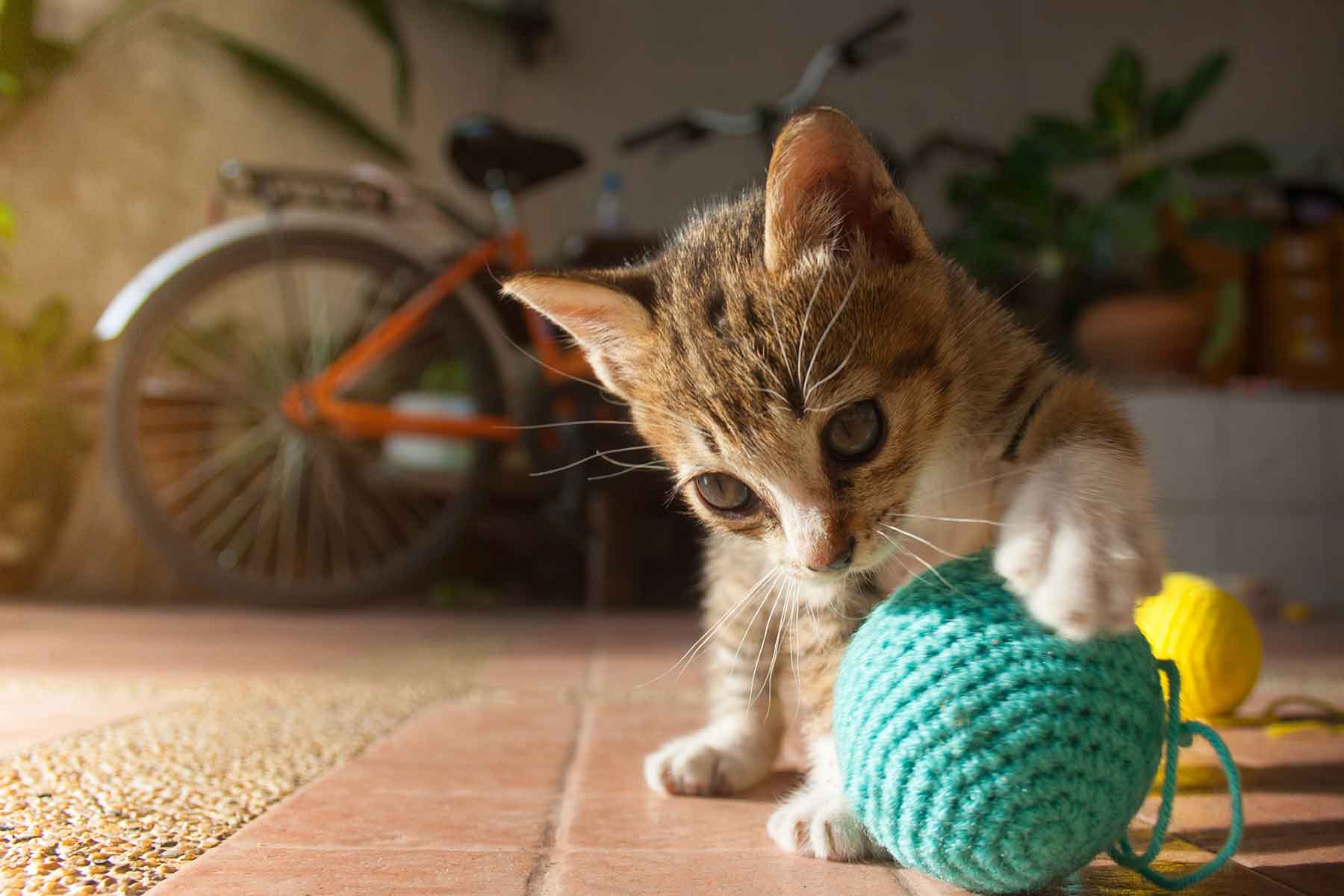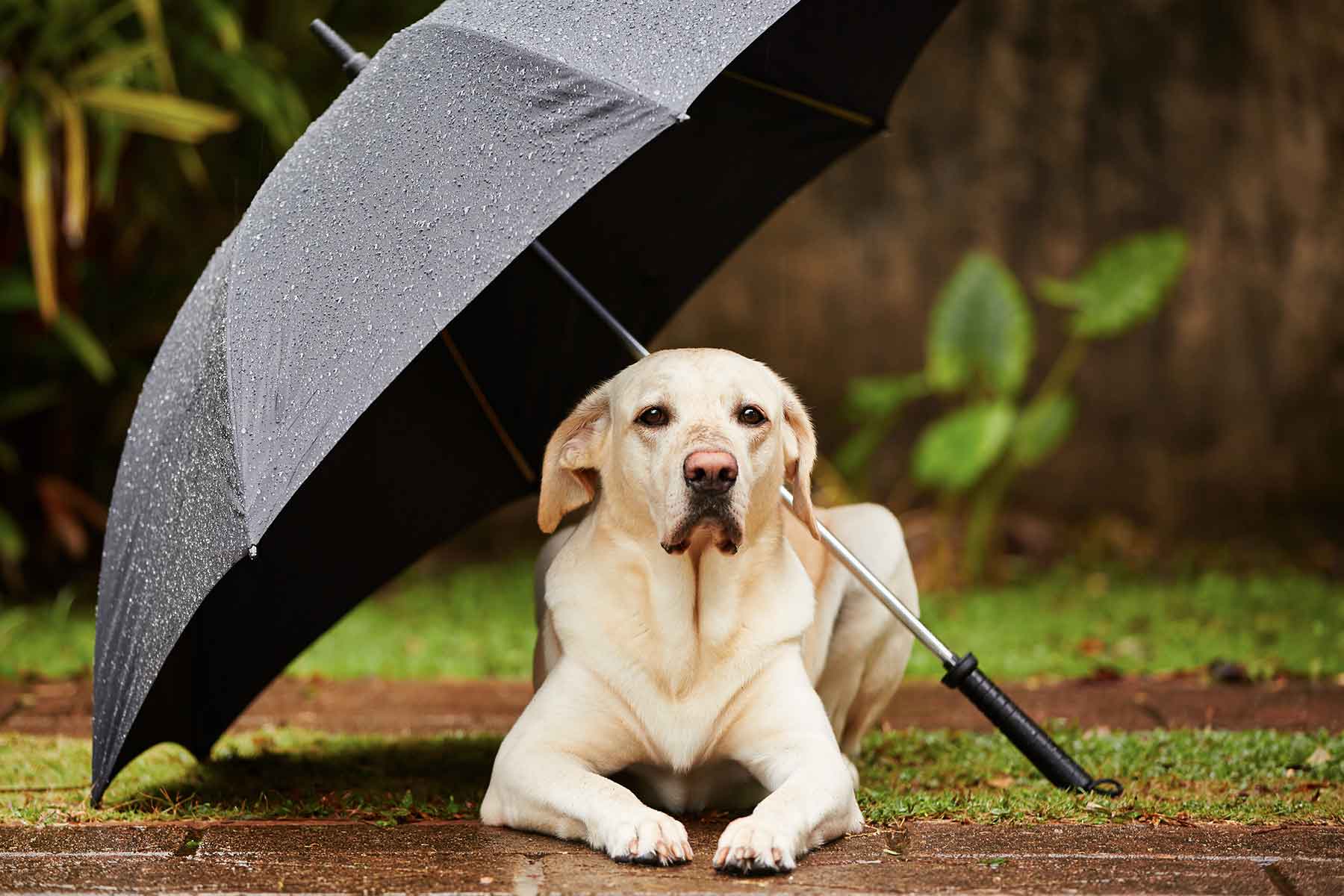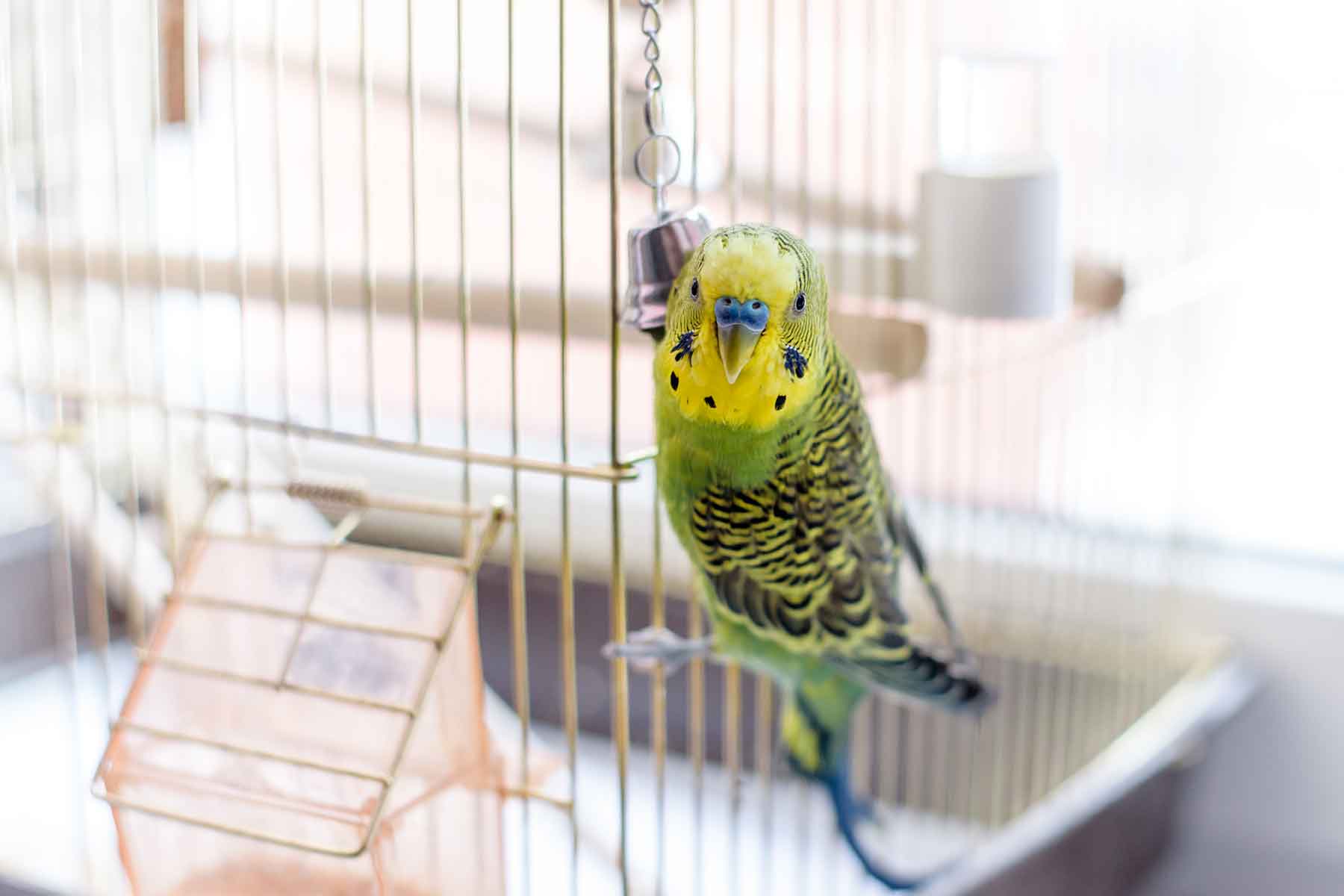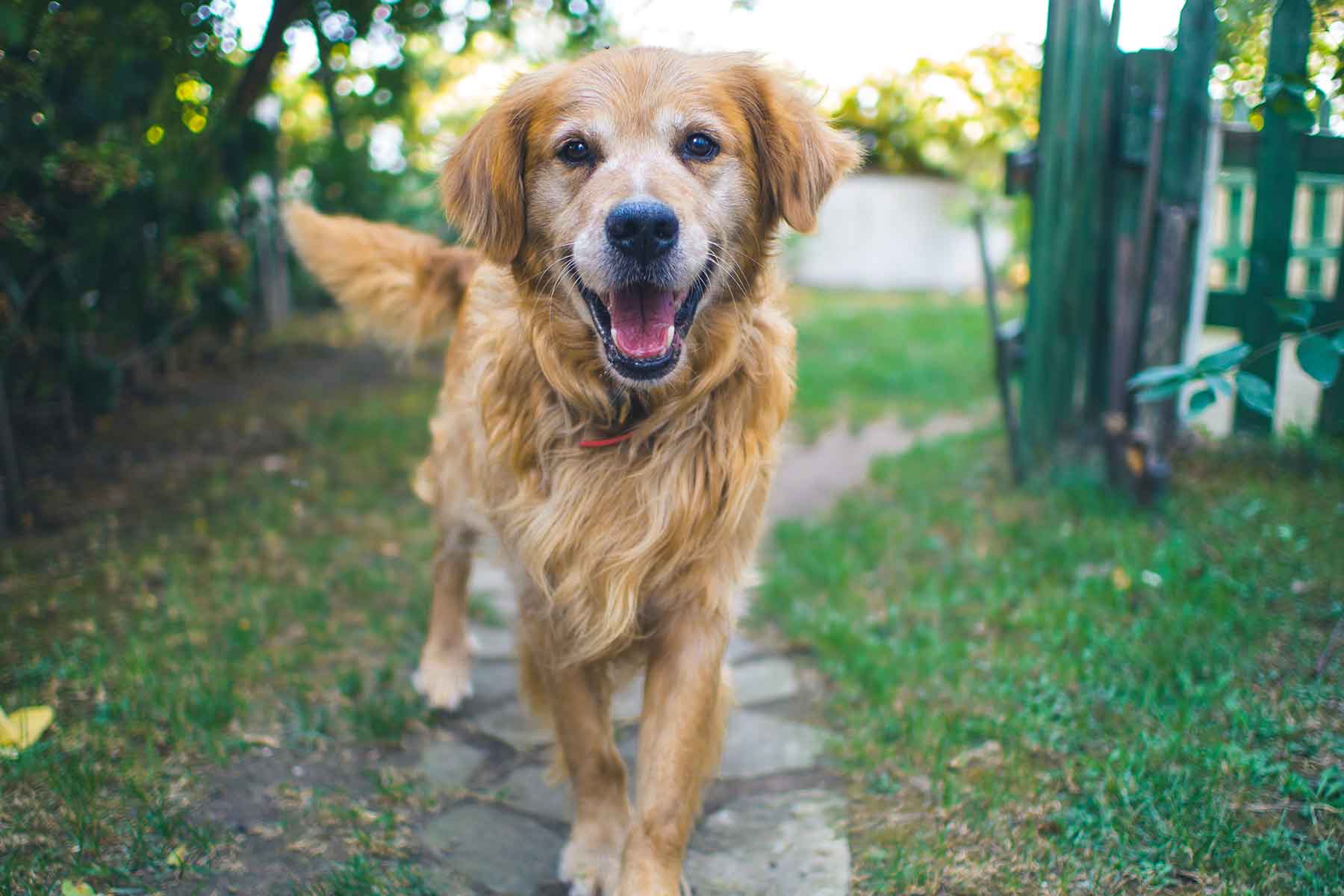Occasionally pet owners are faced with a situation where they may need to perform a wildlife bird rescue. Here’s some handy tips in case you are ever put in this situation…
Making the decision to rescue an injured, sick or orphaned bird
Not all baby birds found on the ground need to be removed from the environment. Unless there are obvious signs of injury or danger (such as cats or dogs) the best action you can take is to return a baby bird to their nest or place them as high up in a tree as possible. Some birds spend a considerable amount of time on the ground before they learn to fly. In fact, young Magpies spend up to 14 days on the ground before they fly.
Adult birds are slightly different. If they allow you to approach them, they need help. Here are some tips on how you can rescue a bird.
Protect yourself
Before you approach the bird, protect yourself with appropriate clothing and if possible gloves. Birds can cause damage by biting or clawing, particularly when they are injured.
Handling
Wild birds will not be used to being handled. To pick up a bird gently place a towel over it and use one hand to pick it up. Handle them as little as possible, as they will be stressed easily which will affect their health and recovery. Place the injured, orphaned or ill bird in a box and keep them warm until they can be passed onto an experienced carer. If you need to restrain the bird for any reason place your thumb and forefinger on opposite sides of the head, do not to restrict their chest as you may cause breathing problems.
Keep Warm
Birds have a higher body temperature than us – so keep them in a warm position when they are ill.
Do not feed
Unless you have received expert advice, please do not feed native fauna.
Bird found indoors
If you are inside it is a good idea to shut all windows and doors, and close vents and fans.
Contact your local vet
If you have found or rescued an injured bird please contact your local vet for advice and recommendations.

